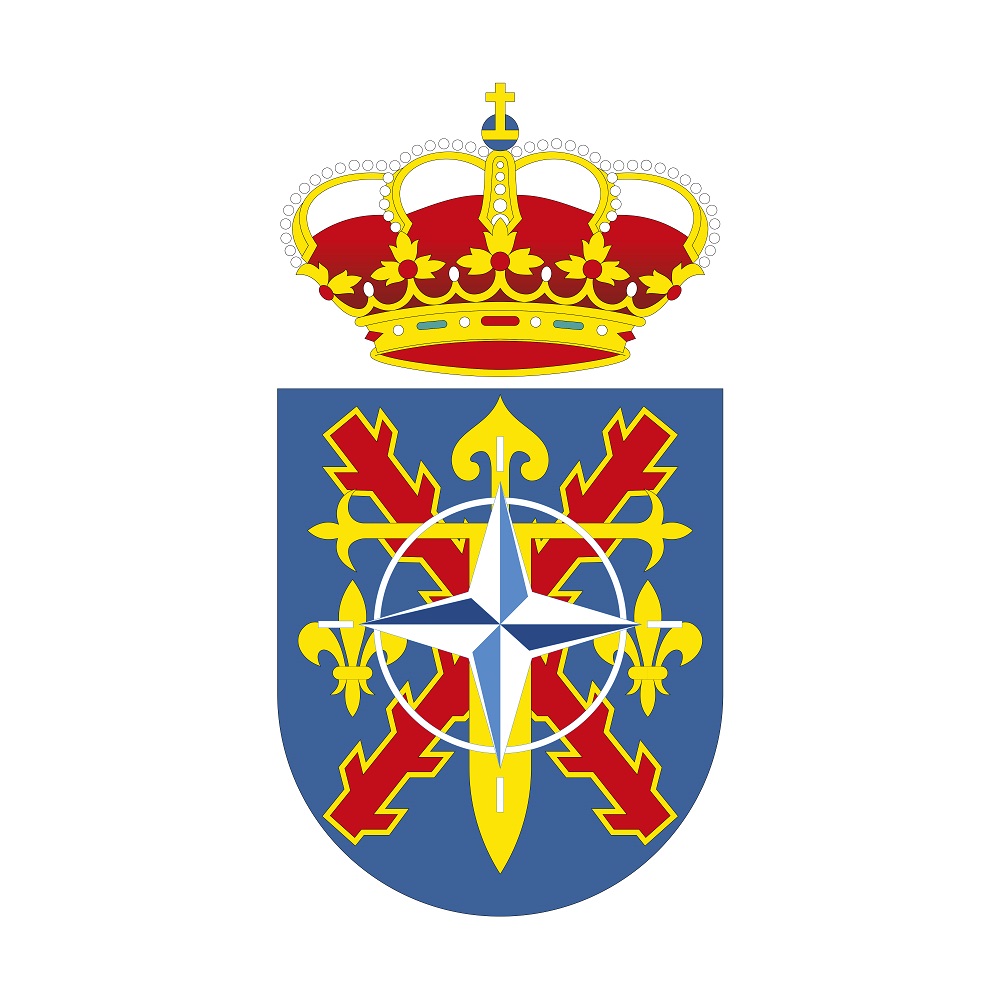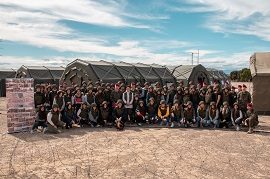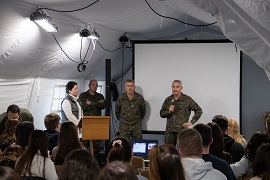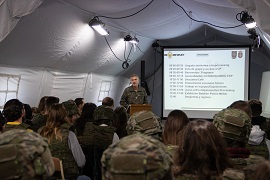- Texto no traducido
- Texto no traducido
- Texto no traducido
- Texto no traducido
- Texto no traducido
- Texto no traducido
- Students from the Catholic University of Valencia are trained in crisis management at the NATO Rapid Deployable Corps – Spain Headquarters.
MENÚ UNIDAD
Texto no traducido
- Araba Álava |
- Albacete |
- Alicante |
- Almería |
- Asturias |
- Ávila |
- Badajoz |
- Barcelona |
- Burgos |
- Cáceres |
- Cádiz |
- Cantabria |
- Castellón |
- Ceuta |
- Ciudad Real |
- Córdoba |
- A Coruña |
- Cuenca |
- Girona |
- Granada |
- Guadalajara |
- Gipuzkoa |
- Huelva |
- Huesca |
- Islas Baleares |
- Jaén |
- León |
- Lleida |
- Lugo |
- Madrid |
- Málaga |
- Melilla |
- Murcia |
- Navarra |
- Ourense |
- Palencia |
- Las Palmas |
- Pontevedra |
- La Rioja |
- Salamanca |
- Segovia |
- Sevilla |
- Soria |
- Tarragona |
- Santa Cruz de Tenerife |
- Teruel |
- Toledo |
- Valencia |
- Valladolid |
- Bizkaia |
- Zamora |
- Zaragoza
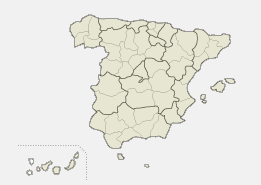
Texto no traducido
miércoles 4 de marzo de 2020
Texto no traducido
Students from the Catholic University of Valencia are trained in crisis management at the NATO Rapid Deployable Corps – Spain Headquarters.
Around 70 students from the Catholic University of Valencia have taken part at the nineth “Strategic Communication & Wargaming” course organized by the Catholic University of Valencia, with the collaboration of the NATO Rapid Deployable Corps – Spain (NRDC-ESP) Headquarters of Bétera, and the Defense Delegation in Valencia during March 3th and 4th.
Students from diverse specialties such as nursing, psychologist, criminology, economic, information science or law, among others, were in attendance. The main aim of this course is to promote the relationship and improve the mutual knowledge between the students and the NATO community in the area.
The course was divided into two stages. The first one consisted on several lectures given by some experts in communication, security and defense at the Catholic University of Valencia premises. They analyzed both the threats and challenges to national security and the disinformation in the media environment.
On the following day, the students moved to the Bétera military base, home of the NATO Rapid Deployable Corps – Spain Headquarters, where they were integrated in a planning group as Subject Matter Experts for a fictitious crisis management scenario. Students were asked to provide their view from their own specialty’s perspective for an article V operation launched by NATO in an artificial scenario. For this activity, the students were assisted by military mentors provided by the Headquarters.
An exhibition on material and capabilities by the Military Police Battalion put an end to this two-day course.


